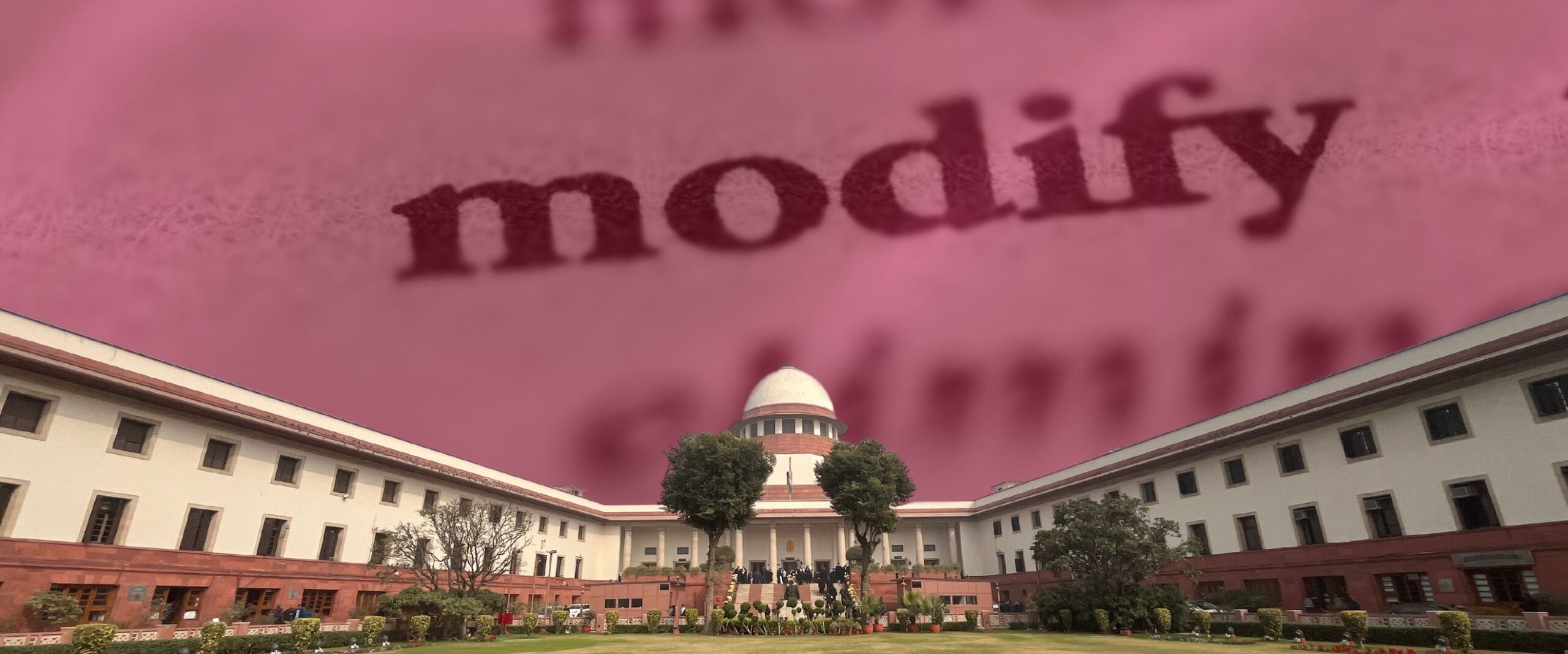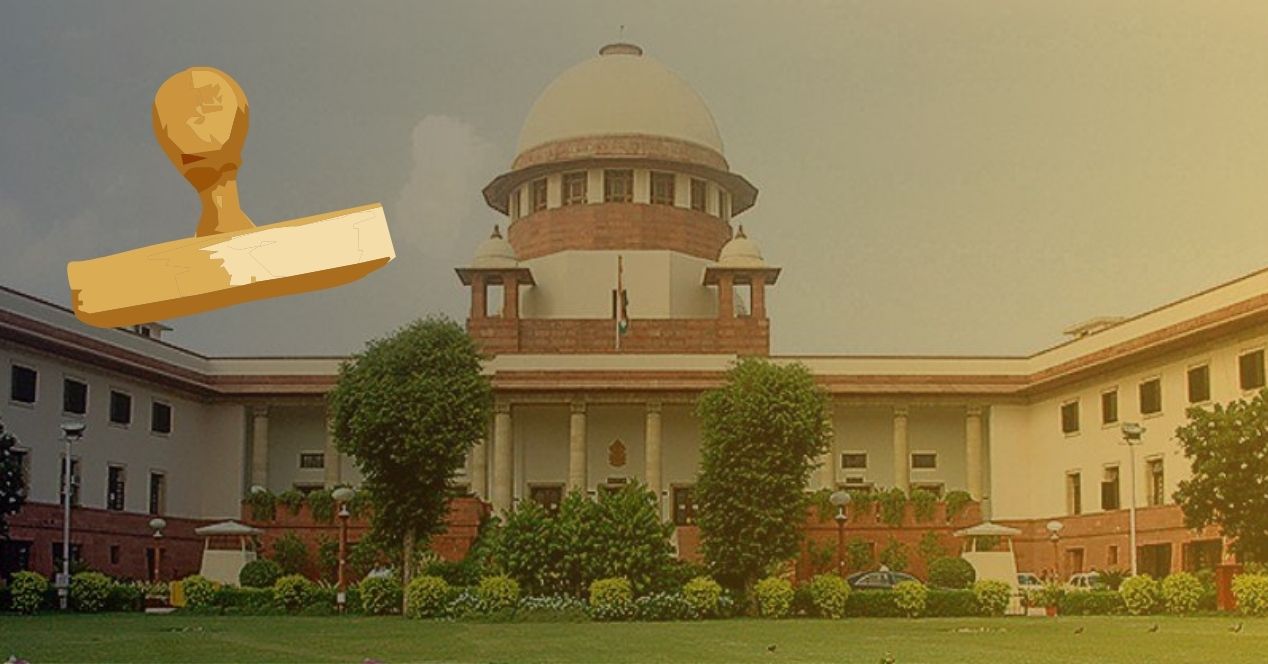Analysis
Can courts vary an arbitral award?
The first Constitution Bench of CJI Khanna’s tenure will look into the definition of “modification” in the context of arbitral awards

On 13 February, a five-judge bench led by Chief Justice Sanjiv Khanna assembled to hear a case that concerns the extent of court intervention in arbitration matters. This is the first five-judge bench constituted by CJI Khanna and the first Constitution Bench case to be heard in 2025.
The legal question before the Court hinges on the interpretation of Section 34 of the Arbitration Act, 1996. This provision, based on Article 34 of UNCITRAL’s 1985 Model Law, allows courts to set aside an arbitral award on limited grounds like patent illegality and conflict with public policy. But does the power to set aside include the power to modify an award?
In the hearing on Thursday, Solicitor General Tushar Mehta, appearing for the Union, argued in the negative. He submitted that Parliament intentionally decided not to grant such a power to the courts in the 1996 Act (the predecessor 1940 legislation contained a power to modify). Even as he agreed that there are likely to be instances where the court’s power to modify an award is justified, he submitted that no such power existed under the current legal regime.
Senior Advocate Arvind Datar, on the other hand, contended that since Section 34 contained the power to set aside an award partially (a fact agreed on by both sides), it followed that the provision allowed for modification. “The larger includes the smaller,” Datar said.
Previously, there have been conflicting decisions of the Supreme Court on this question. In cases like Burn Standard (2006), Hakeem (2019) and Ssangyong Constructions (2019), benches have taken a narrow view and limited the court’s power under Section 34. In others such as Vedanta Ltd. (2018) and Oriental Structural Engineers (2021), however, the Court has relied on the provision to modify an award. On occasion, the Supreme Court has also invoked its discretionary powers under Article 142 to modify awards in the interest of “complete justice”.
To draw a line under the issue, the Viswanathan Committee Report in 2024 recommended that Section 34 be amended to allow courts to “make consequential orders varying the award only in exceptional circumstances to meet the ends of justice.” But the drafters of the proposed 2024 amendments to the Arbitration Act do not seem to have taken this suggestion.
The Court seems to have decided not to wait any longer. The matter was referred to a Constitution Bench in February last year, and it has been taken up for hearing within a year. Several other Constitution Bench matters have been on the docket for well over two years. During the hearing, CJI Khanna noted that the matter was expedited as the Court received several cases on the subject every week—it was essential to “find a way out” because arbitration is expensive.
In recent years, Supreme Court judgements have tended to favour limiting judicial intervention in arbitration matters. In the last two years, Constitution Benches have upheld the application of the Group of Companies Doctrine in India; concluded that an unstamped arbitration agreement is not void; and found that the unilateral appointment of arbitrators is invalid.
Legislative endeavours, too, have attempted to bring India’s regime at par with global hubs. The 2015 and 2019 amendments to the Arbitration Act have been viewed as steps in this direction. This is the context in which modification presents an especially compelling conundrum. Legislation in arbitration-friendly jurisdictions like the UK, Singapore and Australia expressly carves out powers for courts to vary an arbitral award in limited circumstances.
The Court must have this in mind, for it has asked counsel to produce judgements from foreign jurisdictions on the definition of “modification” and the parameters of a court’s power. The next hearing is listed for Tuesday. Do watch out for our report!
This article was first featured in SCO’s Weekly newsletter. Sign up now!




